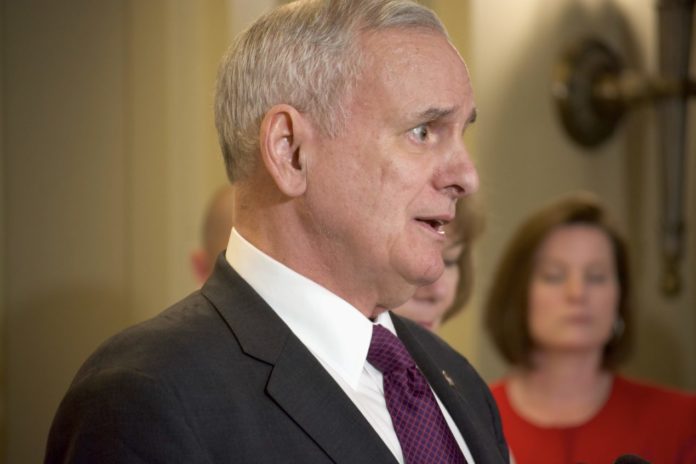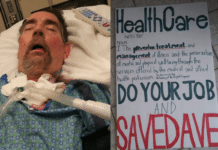WASHINGTON — Senate Republicans’ newest attempt to repeal the Affordable Care Act (ACA) and pass Republican-led legislation to rework health care as it stands has been met with controversy.
The bill known as the Graham-Cassidy-Heller bill, named after chief authors Sens. Lindsay Graham (R-SC), Bill Cassidy (R-LA), and Dean Heller (R-NV) would include measures repealing Medicaid expansion and providing federal funding through block grants to states.
However, the bill has been heavily criticized for the amount of Americans who would lose coverage. Republicans are attempting to pass the bill before Sept. 30 when the simple majority rule ends and 60 percent of senators are needed to pass further legislation, but the Congressional Budget Office has yet to score the bill.
Health officials say the bill could have a negative impact on Minnesotans. Minnesota’s Department of Health and Human Services released an analysis of the House’s version of the American Health Care Act and its effects on the state in May.
The analysis claims 1.2 million low-income residents would lose coverage. The bill would also end almost $32 billion in federal dollars by 2030 – which includes the loss of federal funds for medical assistance under Medicare.
While a CBO score has not been released, the Kaiser Family Foundation has released a state-by-state estimate for federal spendings if the Graham-Cassidy bill is passed into law.
The findings conclude between 2020 and 2026, states could lose $160 billion in overall federal funding – $41 billion more than estimated in the CBO report for the House version of the AHCA in May.
Minnesota would be one of the hardest hit states when it comes to funding. The Kaiser Family Foundation estimates Minnesota would see a 30 percent decrease in ACA funding, or approximately $8.3 billion within the six-year span. In the same time period, Minnesota would also lose another $9.4 billion due to an ACA block grant and Medicaid.
Meanwhile, Minnesota has been waiting for President Donald Trump’s administration to sign off on the reinsurance package passed by Republicans and Democrats at the beginning of the year.
In a letter to Secretary of Health and Human Services Tom Price, Gov. Mark Dayton addressed the loss of federal funding for Minnesota’s Basic Health Plan under MinnesotaCare as a result of applying for a waiver to implement reinsurance.
“Under this approach, the federal government would provide an estimated $208 million in funding for our two-year individual market reinsurance program, but, as a result of implementing it, we would lose $369 million in federal funding for our MinnesotaCare program over that same period,” Dayton wrote to Price. “You are creating an untenable situation in which the state would essentially lose $161 million more in MinnesotaCare funding than we would gain through the 1332 waiver for reinsurance.”
However the likelihood of the Graham-Cassidy-Heller passing is slim. Both Sens. John McCain (R-AZ) and Rand Paul (R-KY) have announced that they will not support the legislation, while Sen. Susan Collins (R-ME) is leaning no as well.

















